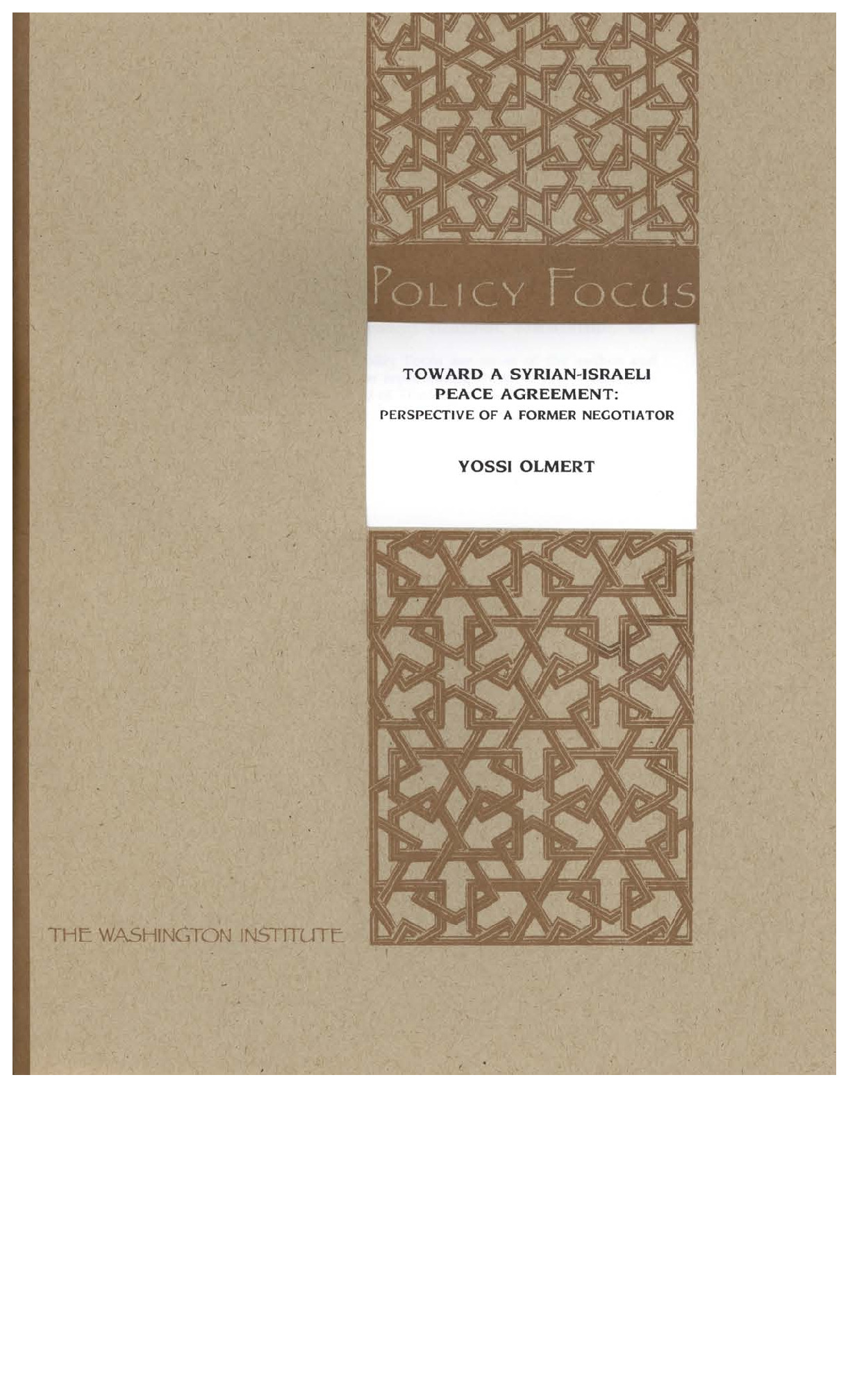Hafez al-Assad's rise to power in 1970 ended Syria's chronic instability and placed it at the forefront of the pan-Arab struggle against Israel. For many years, Syria was the most militant of the front-line Arab states and rejected any notion of peaceful co-existence with Israel. Yet, despite its radical posture, the regime avoided untimely war with Israel and tried to improve relations with the United States, even as it remained a pivotal ally of the Soviet Union.
In response to the Egypt-Israel peace treaty, Assad undertook a massive military build-up throughout the 1980s in an attempt to achieve "strategic parity" with Israel. The effort severely strained Syria's highly centralized and inefficient socialist economy and ultimately proved elusive. At the same time, Assad worked to undermine U.S. peace initiatives in the region in order to demonstrate -- albeit negatively -- Syria's central role in any political settle-ment. Yet even as he succeeded in using proxies to scuttle the U.S.-brokered Israel-Lebanon accord and force the withdrawal of U.S. and Israeli forces from Beirut, Assad achieved a modus vivendi with Israel in southern Lebanon, strictly observed the 1974 disengagement agreement on the Golan, and was careful not to provoke hostilities with Israel under unfavorable circumstances.
The collapse of the Soviet Union and Iraq's crushing defeat in the Gulf War represented both a strategic crisis for Assad and an opportunity for a long-desired rapprochement with the United States. Familiar notions of a bi-polar world rooted in conflict and confrontation were replaced with a new world order dominated by the United States. Syria's entry into the post-war Madrid peace talks reflected a sober evaluation of changing geo-political realities, but did not amount to a renunciation of its traditional positions. Syria demanded full Israeli withdrawal from all territories occupied in 1967; the Shamir government resisted territorial compromise, and the result was deadlock.
Yitzhak Rabin's willingness to discuss withdrawal on the Golan in ex-change for full peace represented a clear departure from his predecessors and yielded a more fruitful dialogue with Syria. But the Israel-PLO Declaration of Principles caught Assad by surprise, threatening his insistence on a comprehensive settlement. As with Camp David, Assad misjudged the desire on both sides to move beyond the status quo. Faced once again with the prospect of being marginalized, his strategic calculus has shifted from whether to make a deal to settling on a price.
Syria's minimum demands remain sovereignty over the Golan and total withdrawal of Israeli armed forces. Assad has persistently rejected Israeli requests to upgrade the political level of the talks, open a backchannel, or offer confidence-building measures to convince a skeptical Israeli public of Syria's goodwill.
Under Rabin, Israel has suggested that the extent of its withdrawal be tied to the extent of peace offered by Syria. Based on the positions enunciated by the two parties, a peace agreement, phased in over an extended period, is feasible, and could evolve from a political-military agreement between governments into a positive new reality between peoples.



